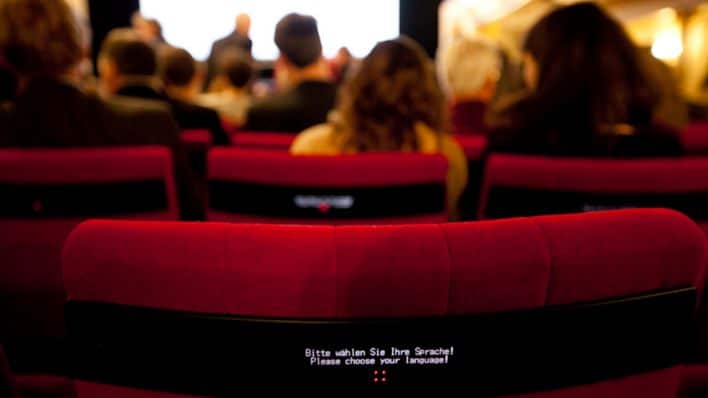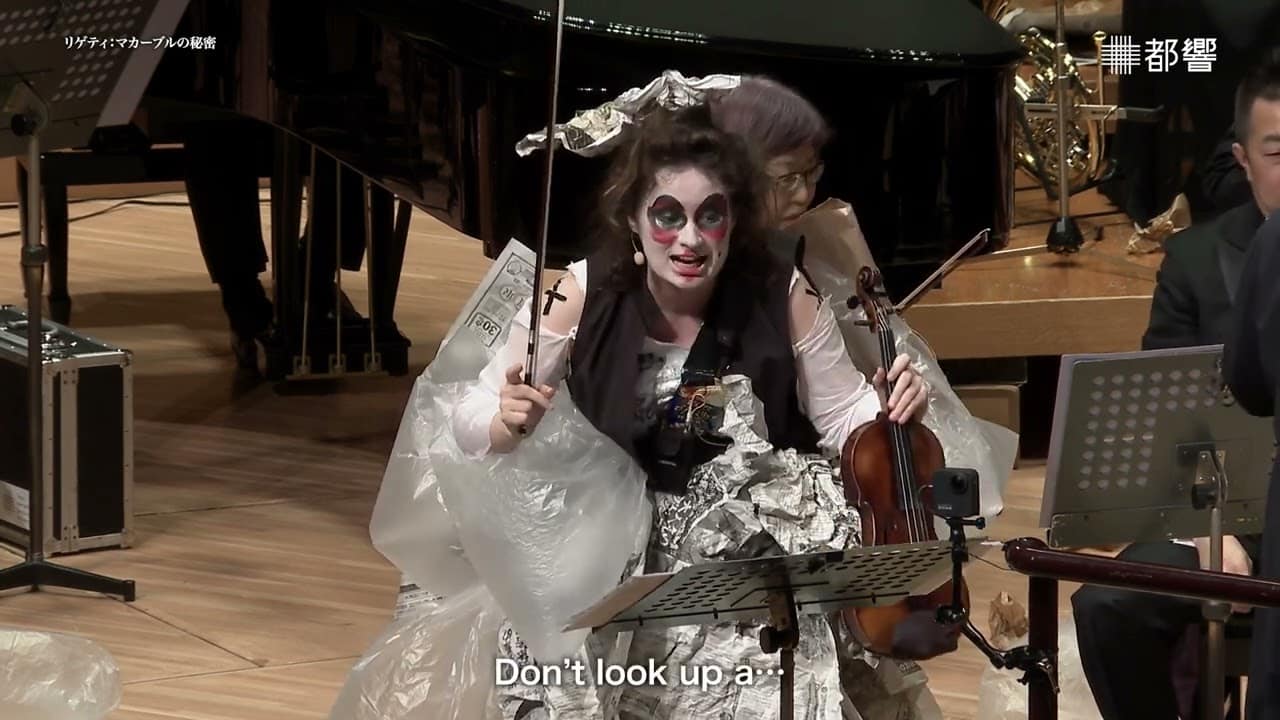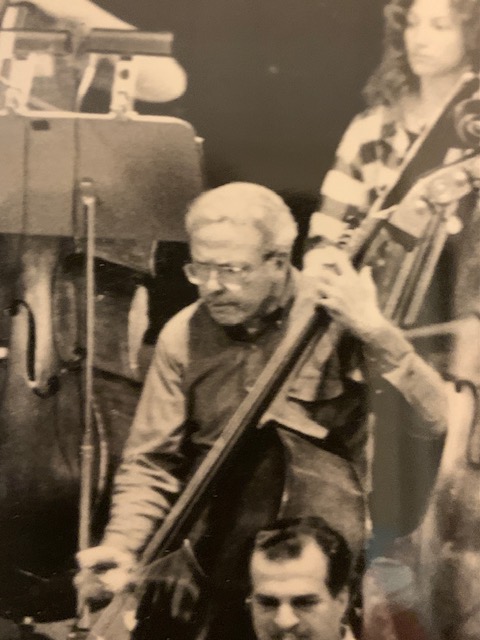Berlin to abolish opera surtitles
mainThe Staatsoper says it cannot afford to instal seatback surtitles in its renovated house.
The building work is running way over schedule and budget. The extra million Euros for surtitles, administrators say, would wreck the finances.

It’s a petty and ridiculous decision, one which will limit the company’s appeal to foreign visitors. They need to think again.





Comments